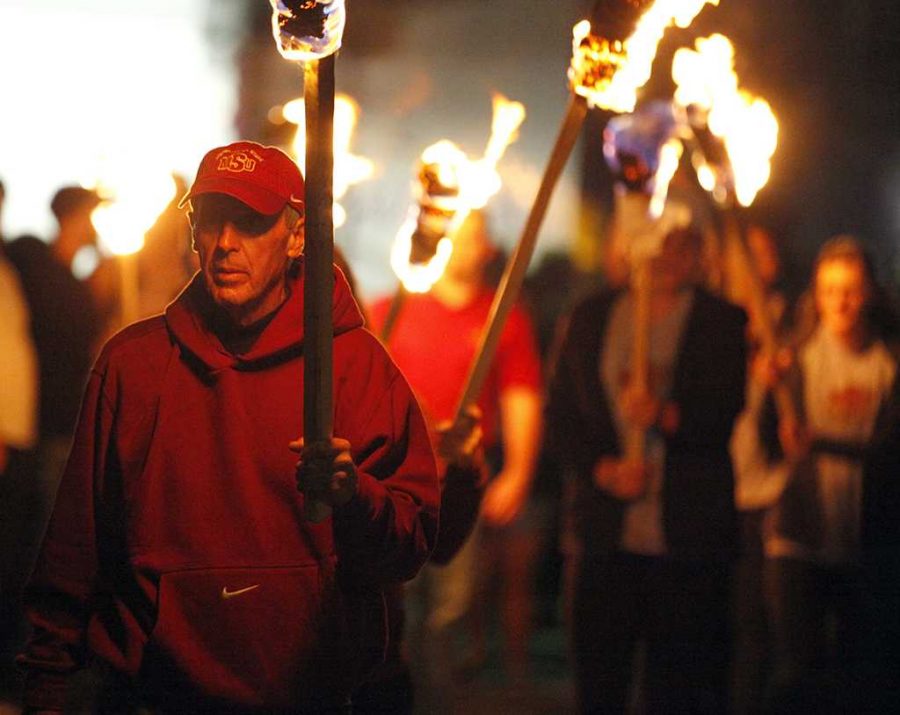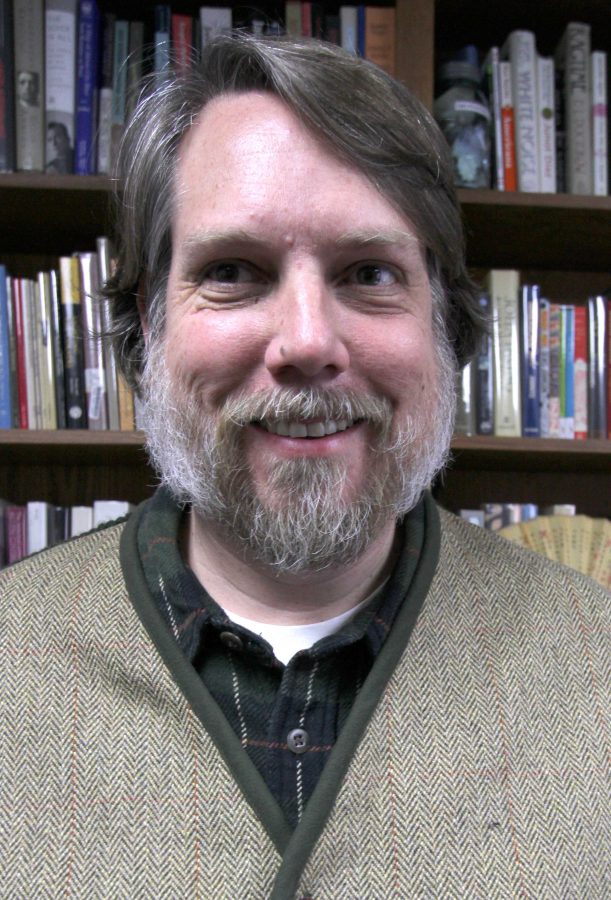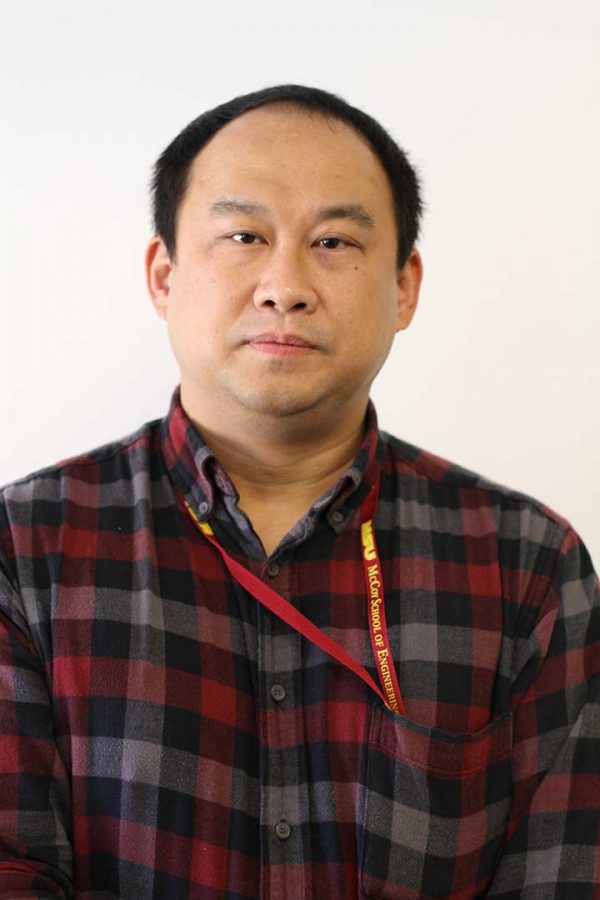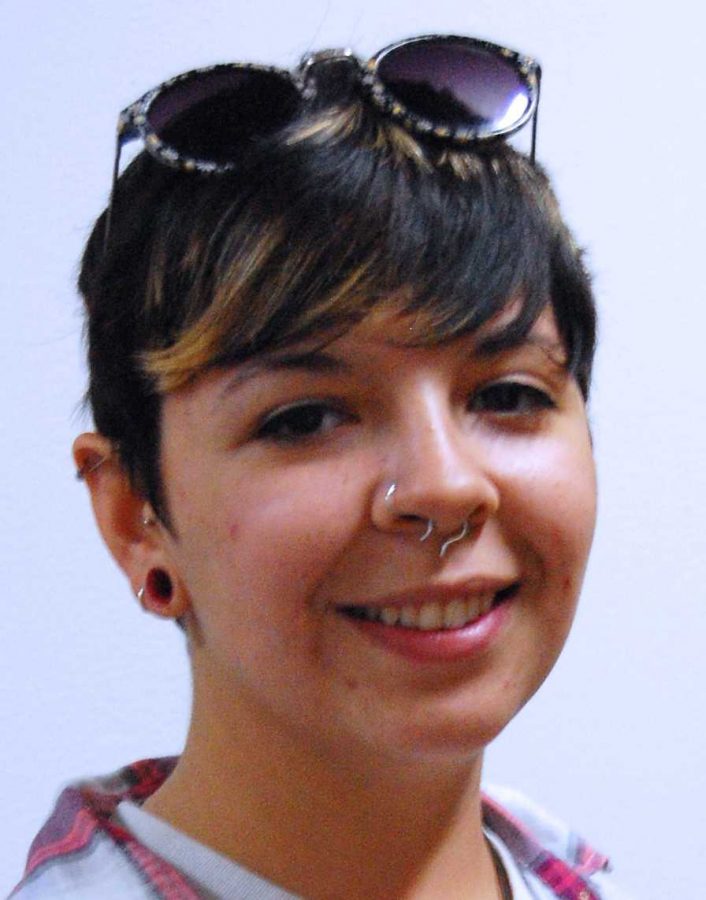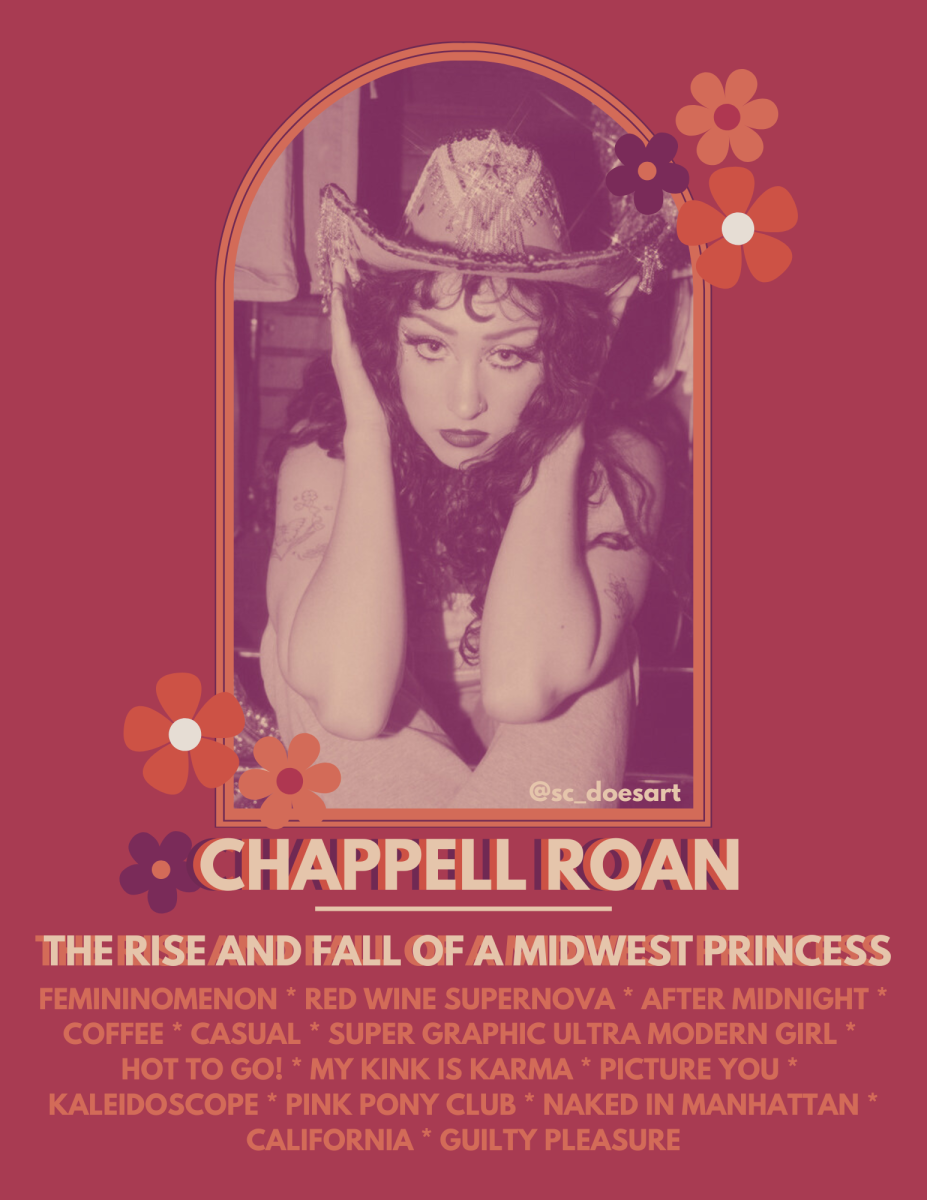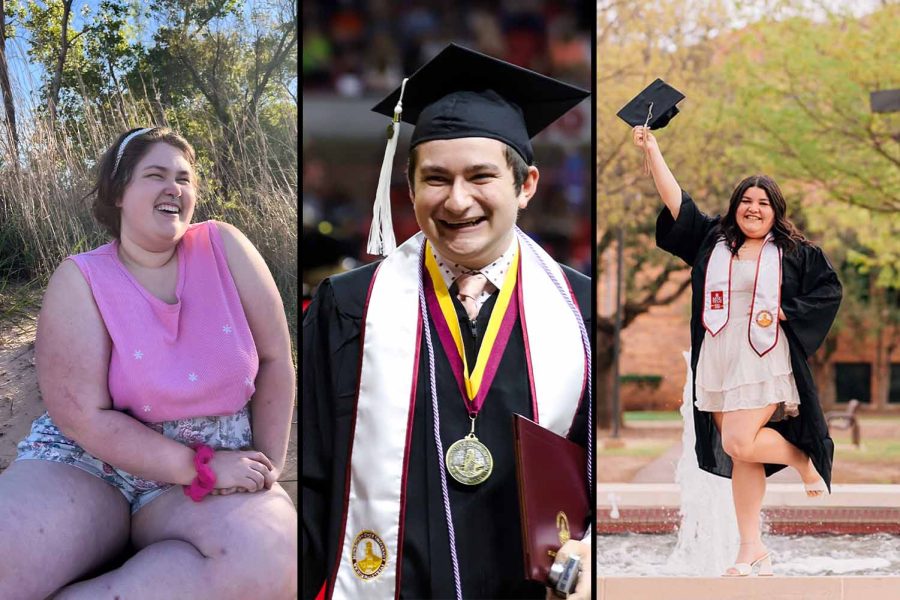Dear Editor,
As manufacturing jobs continue to disappear, a college degree is increasingly critical to social mobility. Additionally, the university is subject to increased pressures from all directions. Funding often comes with stipulations that privilege fiscal concerns over educational ones — universities must tailor their graduates to the needs of the market and students create a demand for marketable degrees at low prices. Attending college becomes a career move for the student, whose best shot at financial security hinges on education.
The university has assembled a task force to explore the potential of our designation as a liberal arts institution. On Jan. 26, a public panel comprised of faculty from across the university discussed how they employ a liberal arts and sciences approach to teaching. This model provides students with a broad base of knowledge and skills derived from diverse areas of study, which many see as extraneous to a job-oriented degree plan. Consequently, students are cheated out of a well-rounded education.
But such an education would enable one to navigate and change our difficult world, rather than simply finding an advantageous place in it; to consider the public good, rather than succumb to the myopia of careerism. Many of us are workers, immigrants, people of color, and their children — I am the son of a white carpenter with a high-school diploma and a Latina schoolteacher who graduated from MSU at age 50. We are the ones who have the most to gain from a renewed investment in a liberal education. The goal is to question and resist the forces beyond the university which seek to shape our educations to their own benefit; the first step is for all of us to get behind the efforts to fulfill our potential as a public liberal arts institution.
Brian Zug is a humanities senior.




